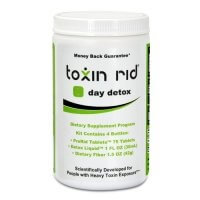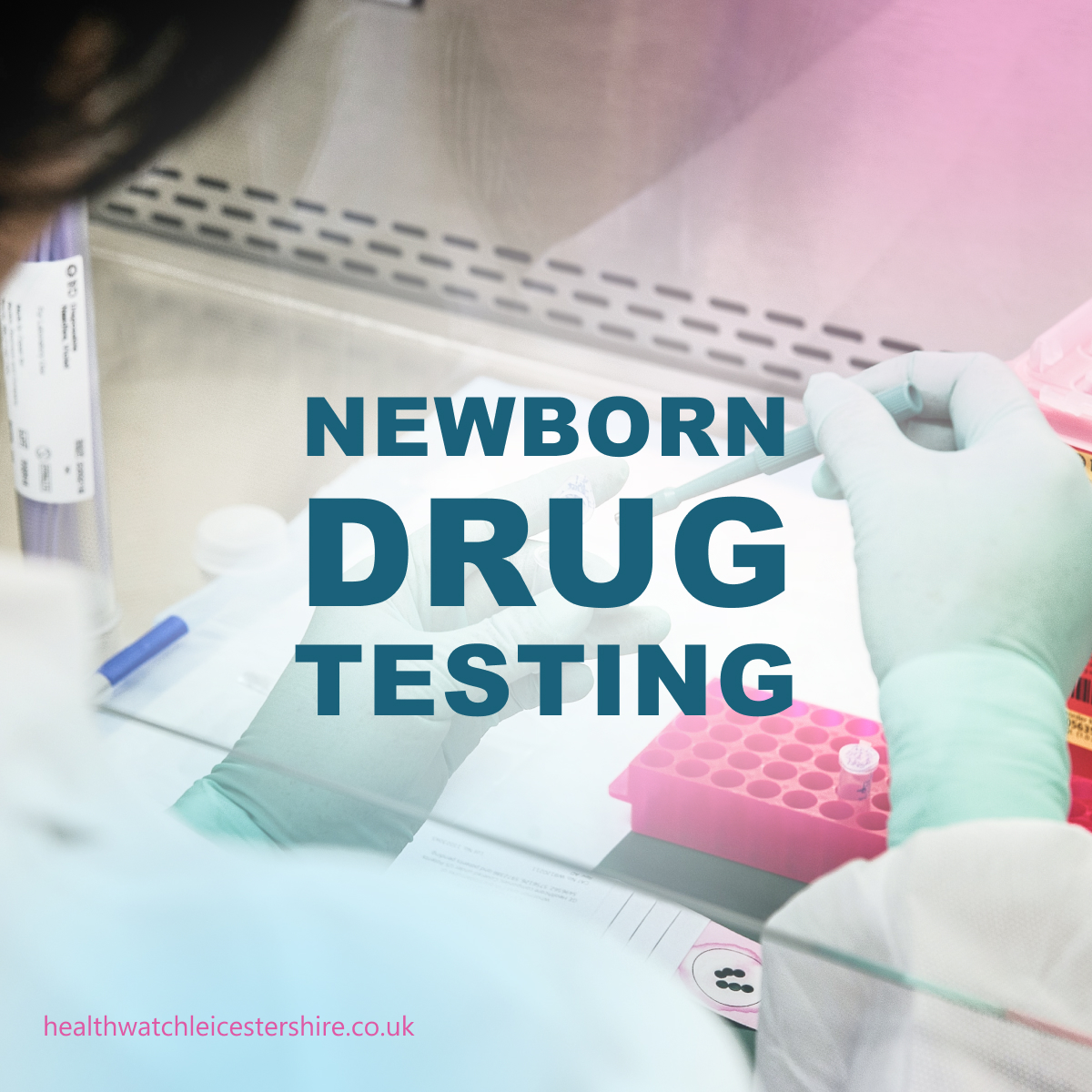Pregnancy is one of nature’s gifts to human beings so it is possible for women to conceive regardless of their circumstances. It, therefore, comes as no surprise that women struggling with addiction get pregnant while battling the disease at the same time.
For this reason, many women who find themselves in such circumstances do not only worry about society’s harsh judgment but they also often ask themselves, ‘what happens if I fail a drug test while pregnant?’ A lot of them wonder if they will lose custody once the child is born. So, in this article, we discuss everything you should know about newborn drug testing.
 |
Our #1 Choice
Toxin Rid |
|
|
 |
Mega Clean + PreCleanse Pills |
|
What is Newborn Drug Testing?
Clinicians conduct drug tests on newborn babies to check whether the mother used any illicit drugs during her pregnancy. This is usually done in a bid to determine whether the mother is fit to parent the child or they may need to be rehomed. To identify maternal drug usage during the third trimester of pregnancy, newborn drug testing frequently uses either meconium or umbilical cord tissue and a urine test in some cases.

Approaches to Screening
Urine Test
Urine drug testing is a non-invasive process that typically yields the quickest results, usually in a few of hours. Every hospital has its own guidelines for how and when newborn drug testing takes place, so although rare, urine samples can be collected from neonates and tested for traces of drugs. Usually, the window for drug detection from when the mother used drugs to excretion in the newborn’s urine is a few days and it has low sensitivity for drug exposures that occurred over longer periods of time. In this sense, results are most helpful for drug exposures that happened within the previous 3-5 days.
Urine samples are often collected as close to the time of birth as possible. The test detects the usage of drugs that fall under the following categories, amphetamines, opioids, barbiturates, phencyclidine, benzodiazepines, cocaine, and cannabinoids.
Meconium Drug Test
Meconium refers to a newborn’s first poop and it usually leaves their system within the first 24-48 hours after birth.
A meconium drug test provides a longer window for drug detection than a urine test, it is thus more accurate. So, if you are wondering how far back does meconium test go, you should know that it can reveal a mother’s drug use in the last months of pregnancy or even up to 20 weeks before giving birth. You can expect your test results back approximately after 5-10 working days.
Testing a newborn’s meconium reveals a mother’s history of drug use and not necessarily one-time usage.
It is, however, impossible to pinpoint exactly when drug exposure occurred in the last few weeks or months before delivery. Collecting samples of meconium can also be a challenge in instances where the neonate already excreted meconium while still in the womb. It is equally difficult to collect from critically ill babies or those born while smaller than the average newborn.
A meconium drug test shows a mother’s use of drugs such as opiates, amphetamines, nicotine, cocaine, benzodiazepines, cannabinoids, PCP, hydroxy-butyrate, barbiturates, and methadone, and metabolites of these drugs.
Umbilical Cord Tissue Drug Test
Umbilical cord tissue is collected right at birth by simply cutting part of the organ. As a result, conducting a drug test on the umbilical cord tissue yields faster results than with the meconium drug test. However, cord tissue drug tests do not catch as much drug exposure as the meconium test.
If you suspect that you and your newborn may be subjected to a drug test and probably asking how long drugs stay in placenta, keep in mind that the window of drug detection for the umbilical cord extends up until about 20 weeks before delivery.
Compared to other newborn drug tests, the umbilical cord test has a better ability to identify alcohol and heroine use. You can expect the test results a day or two after submitting samples.
Time of Screening
It is crucial for hospitals to collect samples at the right time to maximize accurate results. It is also important because it sets precedence for the treatment of intoxication, withdrawal syndrome, and prevent long-term social and medical needs of babies.
A newborn’s drug screening time is between 24-8 hours of birth.
Possible Effects on Neonates due to Illicit Drug Use in Pregnancy
- Birth defects
- Physical deformities
- Drug withdrawal symptoms in the baby after birth
- Mental retardation
- An increased chance of sudden infant death syndrome (SIDS)
- Poor growth rate of the baby
- Behavioral and cognitive issues
The Problems Associated with Drug Use During Pregnancy
Drug use during pregnancy may lead to a number of health issues that could harm both the mother and the unborn child. Studies show that if you continue to use drugs during pregnancy, you may develop health conditions that can prohibit you from carrying the baby to term. Here are some problems that are associated with drug use during pregnancy:
- Miscarriage
- Stillbirth
- Preterm labor resulting in a premature birth which increases the chances of the baby developing complications. The earlier the birth the greater the risks of health complications for the baby
- Pregnant women who use injectable drugs are at a higher risk of contracting HIV which they can pass on to the baby
FAQ
Do They Test Meconium Even if the Urine Test is Negative?
Yes. The hospital can still conduct a drug test on the baby’s meconium even after you have taken a urine test. There are also higher chances that the baby’s meconium will be tested instead of the urine.
What States Drug Test Babies at Birth 2023?
- North Dakota
- Kentucky
- Minnesota
- Iowa
Do They Drug Test Baby After Delivery 2023?
Yes, after delivery, the hospital will collect urine, meconium, or a small part of the baby’s umbilical cord for testing.
Do They Drug Test at Pregnancy Appointments 2023?
You can only be subjected to a drug test at a pregnancy appointment if you agree to it. It is against the law for you to be drug tested without your consent.
How Sensitive is Meconium Drug Test?
Research shows that a meconium drug test is very sensitive and also mostly accurate and can show if you have been doing drugs for up to 4 to 5 months before delivery.